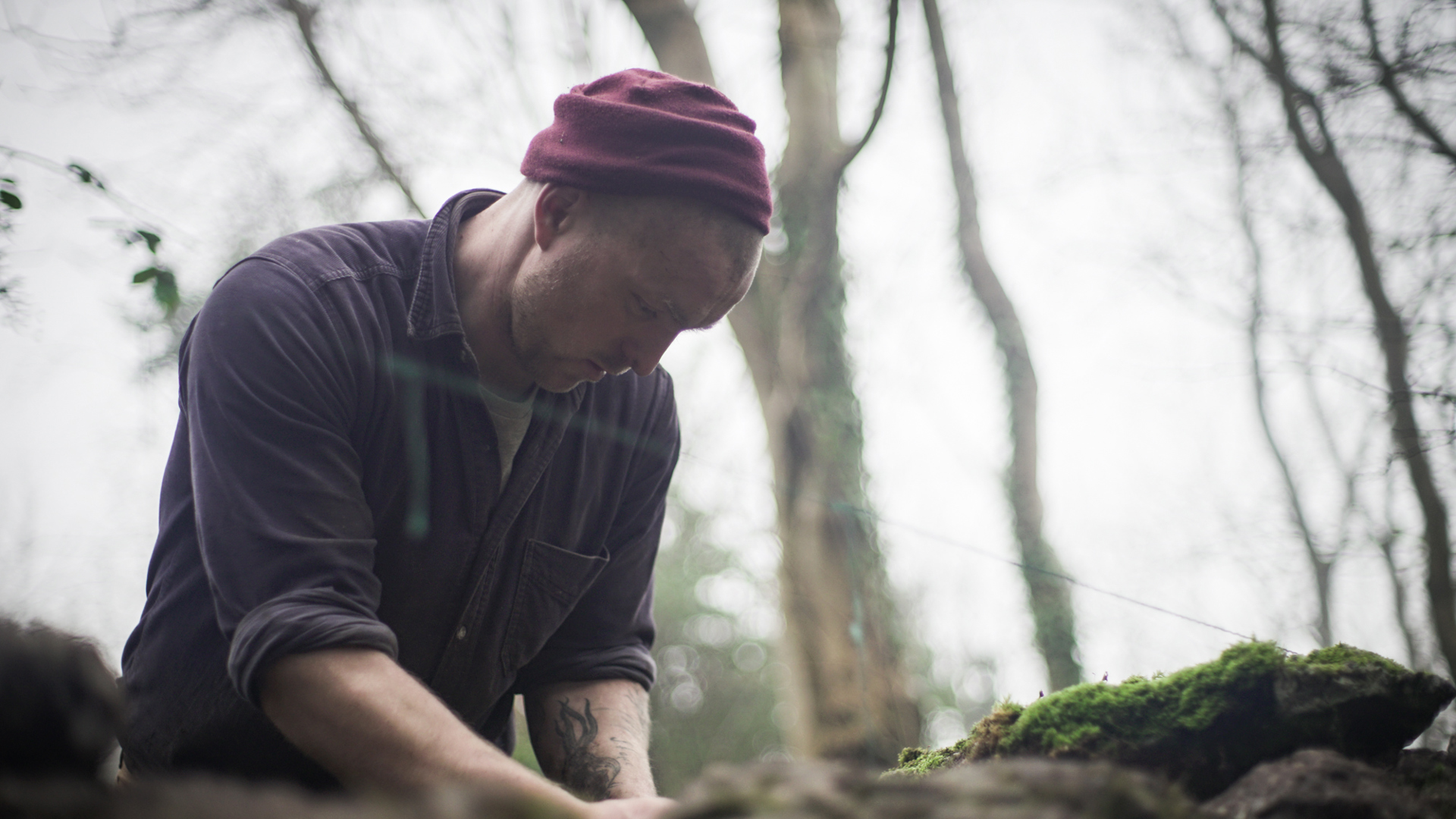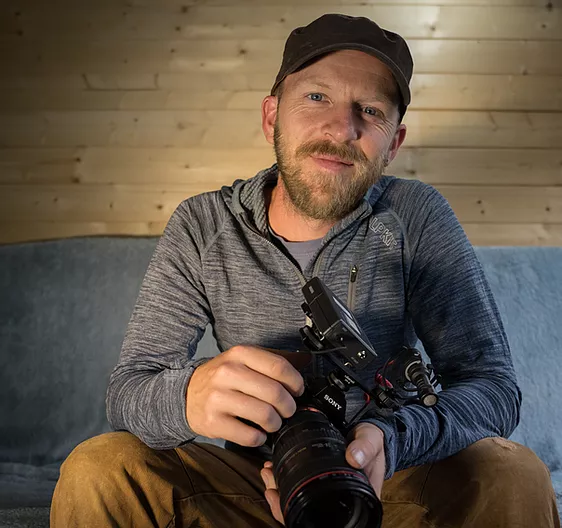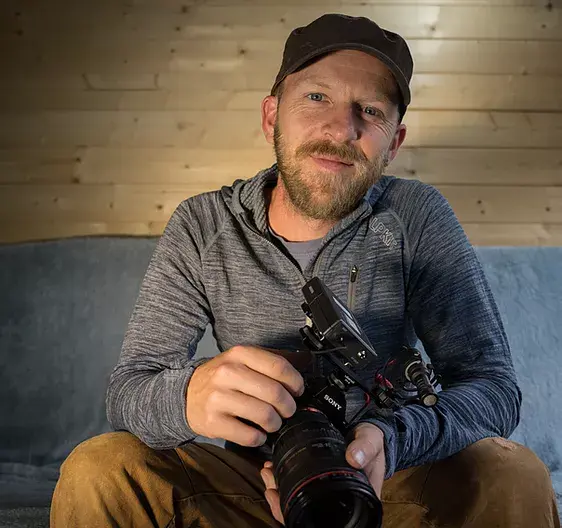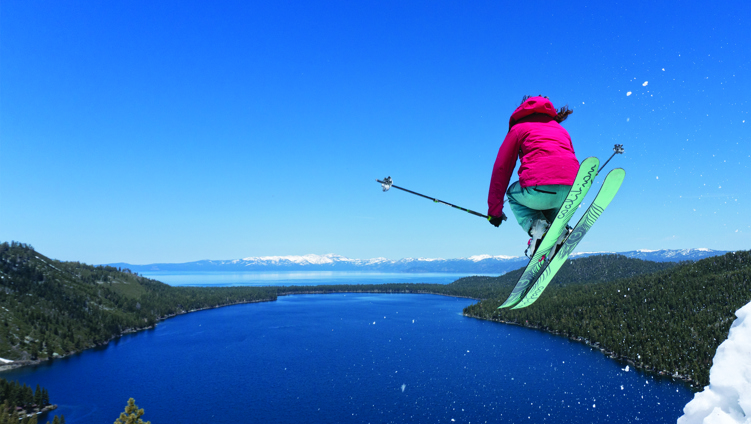Published on 9th August 2021
An award-winning cinematographer and director based in Kendal, Dom Bush's work largely revolves around engaging character-led films and connection. We've been drawn to one of his latest short films 'Blackthorn', which follows poet and dry stone waller Sam Robinson.









